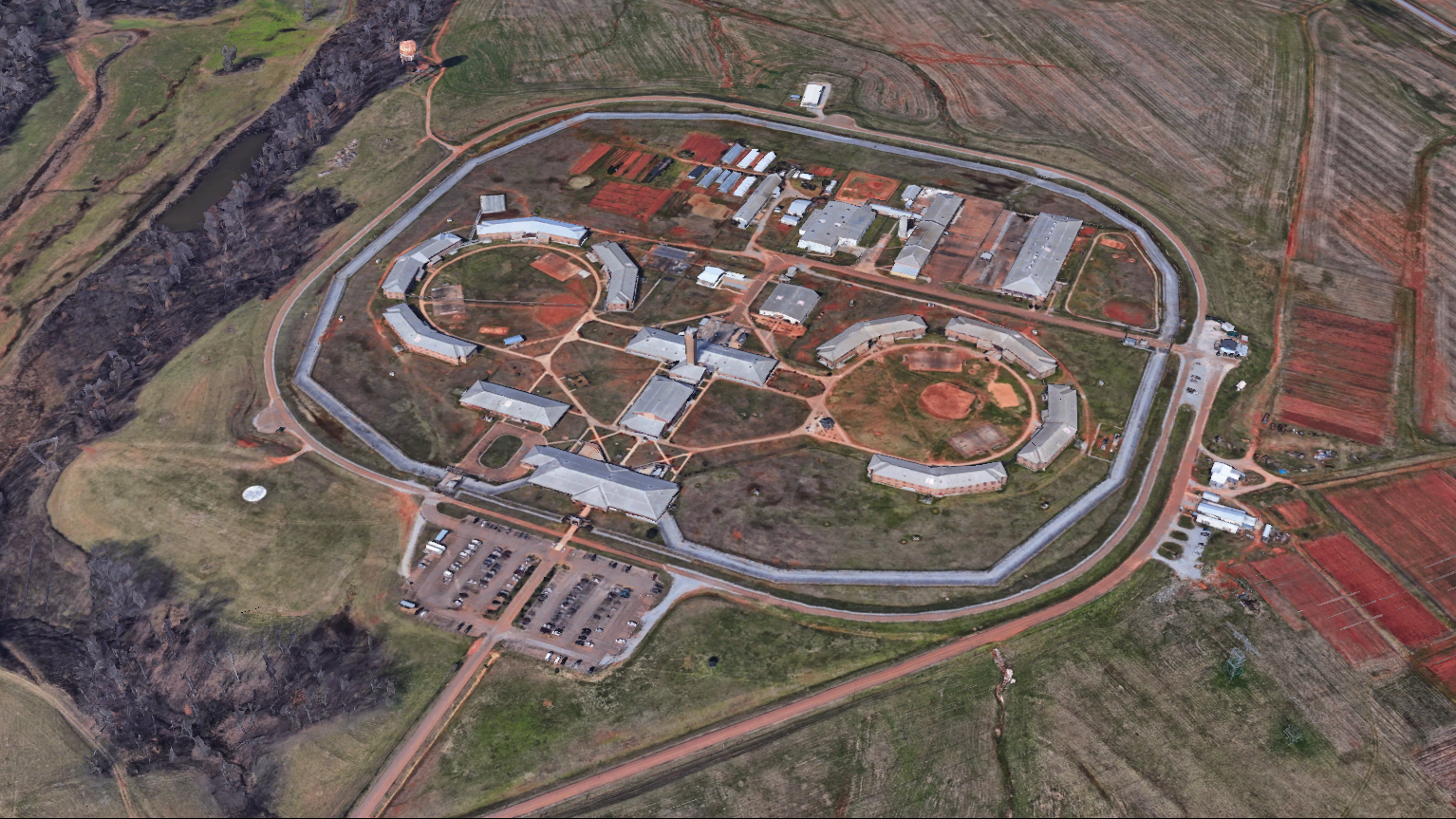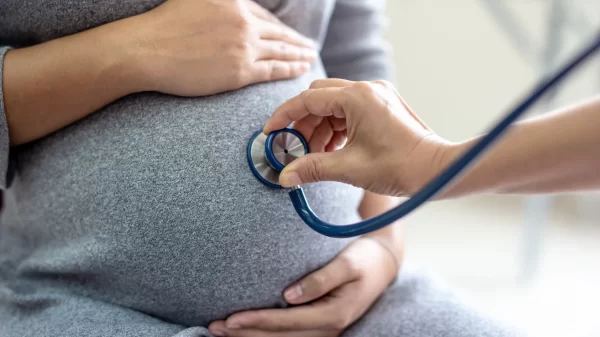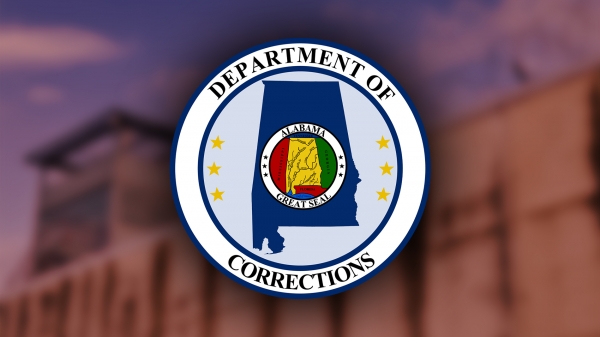|
Getting your Trinity Audio player ready...
|
Two incarcerated men at Limestone County Correctional Facility, and another incarcerated man at St. Clair County Correctional Facility, have been confirmed dead this month, according to statements from the Alabama Department of Corrections obtained by APR.
With these latest deaths, at least six individuals have died within the state correctional system in the month of January.
Corey Jerome Johnson, a 49-year-old incarcerated man at St. Clair Correctional Facility, was found unresponsive in his cell on Wednesday of last week, according to the statement.
“Life-saving measures were started immediately but he could not be revived,” a department spokesperson wrote in the statement sent on Friday. He was pronounced dead later that same day.
A source within the Alabama corrections system with knowledge of the incident involving Johnson told APR that Johnson’s death was a suicide, but this has yet to be confirmed by the ADOC or the coroner’s report. Johnson’s body was transported to the St. Clair County Coroner’s office for examination, with the Law Enforcement Services Division of the ADOC investigating the circumstances surrounding his death.
A day prior to Johnson’s death last week, Ronald Nowicki, a 66-year-old incarcerated man at Limestone County Correctional Facility, was found unresponsive in his dorm on Jan. 10. Nowicki was later transported to Madison Hospital near Hunstville for additional treatment after medical staff at the in-unit infirmary attempted life-saving measures on him that Tuesday. This additional treatment proved unsuccessful, and Nowicki was pronounced dead on Tuesday at the area hospital.
At the same facility early this month, Carl Kennedy, a 57-year-old incarcerated man at the Limestone County facility, was found by correctional officers “in distress” while inside his cell on Jan. 2. Immediately taken to the in-unit infirmary, life-saving measures were administered by medical staff but proved unsuccessful, and he was pronounced dead later that same day.
An official cause of death in both incidents at the Limestone County facility is pending the results of an autopsy, according to the statements, with the Law Enforcement Services Division of the ADOC investigating both cases.
The ADOC no longer reports deaths in prison in their monthly statistical reports, instead releasing them in quarterly reports submitted to a joint oversight committee of the Alabama state legislature. The latest quarterly report, covering July through September of 2022, shows that 32 incarcerated individuals died in state custody in the month of July, along with 24 in the month of August and 21 in September. The number of fatalities for each of these months was previously released by the department in past monthly reports, with the number of deaths for August growing by a single incident since the release of that month’s report.
The same quarterly data shows that levels of staffing have decreased by nearly 19 percent, as pointed out by the Montgomery Advertiser in a review of the latest quarterly report, amounting to a loss of 415 correctional officers in a system already at critical levels of staffing.















































